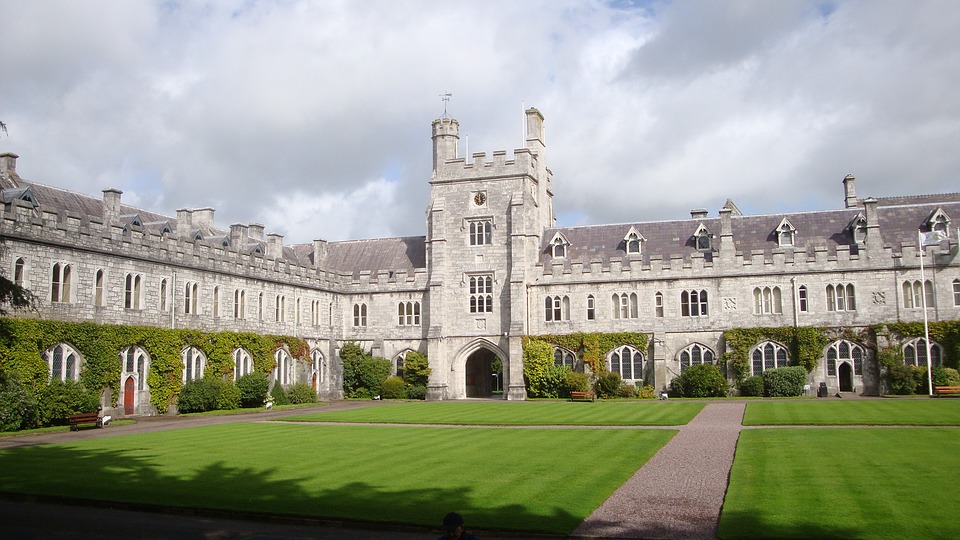A new vegan food, drink, and agriculture initiative will kick off at Ireland’s University College Cork (UCC) in January.
Nearly €10 million in funding backs the Smart Protein project. €8.2 million comes from the European Commission and the remainder, from food industry partners, the Irish Independent reports. It is part of the European Commission’s Horizon 2020, the largest-ever EU Research and Innovation program.
Researchers will work together with food and drinks industry players to develop a new range of vegan products. Brands working with UCC include pasta maker Barilla, brewer Anheuser-Busch InBev, global seafood brand Thai Union, and global nutrition group Glanbia. It will be led by UCC’s School of Food and Nutritional Sciences.
Dr. Emanuele Zannini, Smart Protein project leader, told LIVEKINDLY in an email that protein is an “indispensable part” of the human diet. “Global food production is the largest pressure caused by humans on Earth, threatening local ecosystems and the stability of the Earth system,” he said. “Providing a growing global population with healthy diets from sustainable food systems is therefore an immediate challenge.”

Good for Farmers, Good for the Planet
Feeding the growing global population and curbing climate change requires sustainable alternatives to animal-based protein. That’s what the Smart Protein project aims to achieve, Dr, Zannini explained. The initiative will use “cost-effective and resource-efficient” plant-based protein such as fava, lentil, chickpea, quinoa, food-grade yeast, and fungi.
The project will also benefit local farmers who currently rely on animal agriculture to turn a profit.
“It will help to demonstrate the very real opportunities there are to diversify in addition to meat and dairy, into growing plant products that are adapted to their environment and the new climate conditions. And which are in demand from industrial food producers, like quinoa and fava beans,” Dr. Zannini said. “So they could switch over to a business that is better for the environment and more profitable. In Ireland, you could not grow these crops 10 years ago. Now, the climate has changed and you can. We need to act smartly and quickly to take advantage of that,” he added.
‘Agriculture Must Adapt’
Another part of the Smart Protein project will be to reduce food industry waste by using byproducts such as spent grains, yeast, and germinated barley roots. The aim is to build an agricultural system that captures carbon dioxide (CO2) rather than produce it. “Agriculture must adapt to a changing climate,” Dr. Zannini said.
“Regenerative agriculture can change agriculture from being a major contributor to climate change to becoming a major solution. The regenerative agriculture is a validated system of farming principles and practices that increases biodiversity, enriches soils microbiota, improves watersheds, social fairness and enhances ecosystem services,” he explained.

The First Products
The first products from the Smart Protein project may launch as soon as 2025. “We are expecting to scale up and validate, at pre-commercial level, the target food products (cheese and yoghurt alternatives, meat and seafood alternatives, bakery products and pasta, sauces, infant food, and sport drinks) paving the way for subsequent commercialisation,” Dr. Zannini said.
Smart Protein has a total budget of €9.6 million, €8.2 million of which comes from the European Commission. It will run for four years starting January 1, 2020.


